Toughest exams in the World
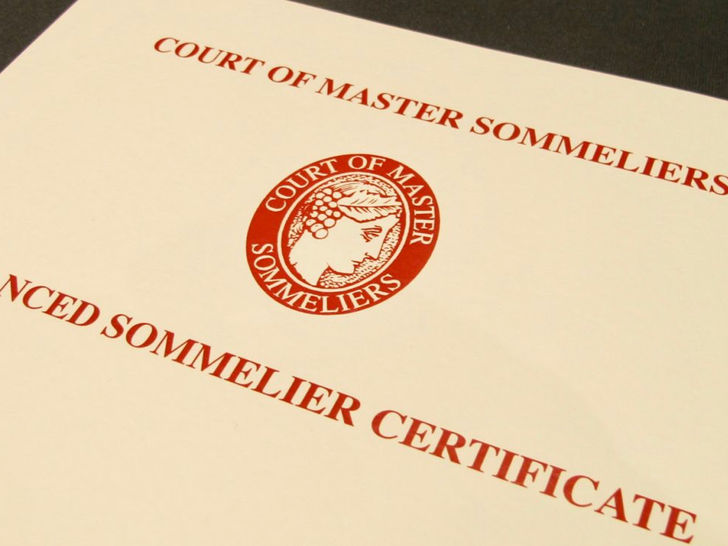
Exams and exams are an excellent way to determine what students have mastered in specific subjects. Exams will reveal which parts of the lesson each pupil seems to have remembered and taken the most interest in. It also aids in the improvement of a person's memory. It enables students to communicate their understandings. It not only helps to develop one's writing abilities, but it also helps to improve one's analytic skills and broaden one's worldview. As a result, a test can be used to further one's career.
Posted On May 12th, 2021
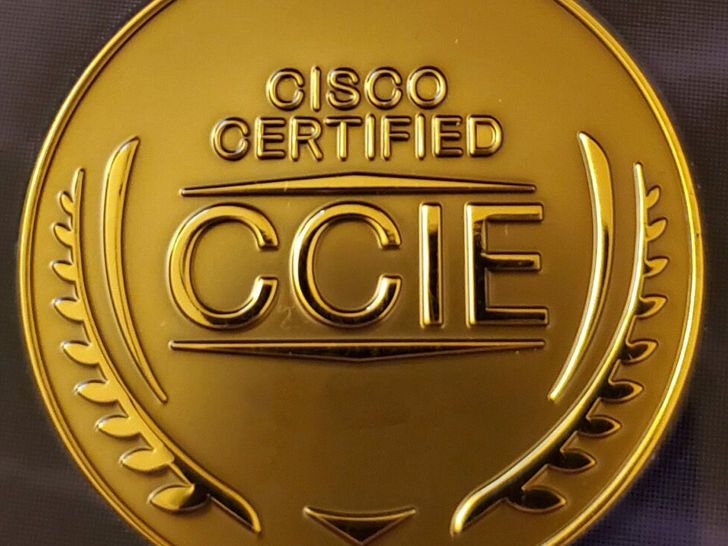
CCIE/Cisco Certified Internetworking Expert
Cisco Systems offers the Cisco Certified Internetwork Expert, or CCIE, as a professional qualification. These expert-level credential programs set the benchmark for internetworking skills through a rigorous written test and a performance-based lab exam. The CCIE certification has no formal prerequisites. There are no additional technical certifications or training courses available. Candidates must instead complete a written certification test before moving on to the hands-on lab exam. A fresher CCIE Security and CCIE Enterprise Infrastructure/R&S engineer's average CCIE pay bundle ranges from Rs. 5 Lacs to Rs. 9 Lacs per annum.
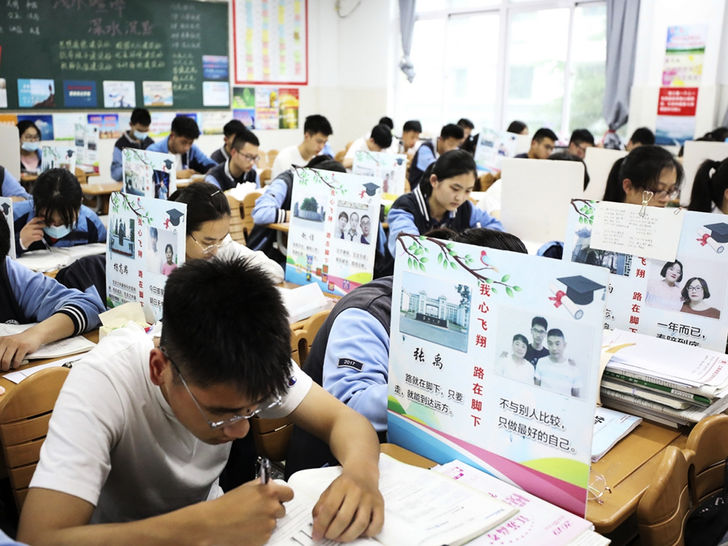
Gaokao
The NCEE (National College Entrance Test), also known as the Gaokao 'Higher Education Exam,' is an annual academic examination conducted in the People's Republic of China. It is regarded as one of the most difficult exams in the world. It is China's variant of the SAT and the IIT-JEE in India. The Gaokao usually contains examinations in Chinese literature, algebra, and a foreign language, but it varies by province (in most cases English). Students who chose liberal arts as a high school specialization must take extra exams in history, politics, and geography. This exam lasts for 9 hours over 2 days.
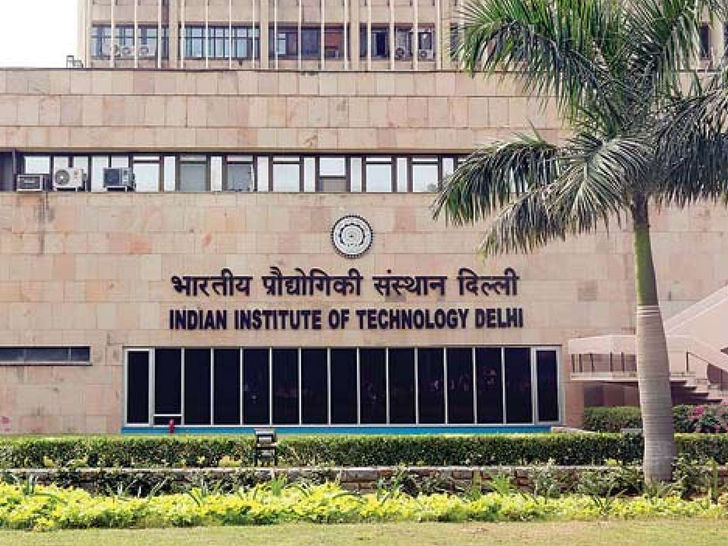
IIT-JEE – Indian Institute of Technology Joint Entrance Examination
IT JEE is a national engineering entrance exam that is divided into two parts: JEE Main and JEE Advanced. JEE Main is a screening test that determines who will be qualified to take JEE Advanced, which is the final exam that determines who will be admitted to prestigious IITs. Students at top IITs usually receive a stipend of Rs 10-20 lakh per year, while students at other IITs receive a stipend of Rs 5-10 lakh per year. In the top IITs, the highest pay bundle is normally over Rs 1 crore, while in other IITs, the annual CTC is usually about Rs 30-70 lakh. The topics/concepts of Mathematics, Physics, and Chemistry from class 11th and 12th are covered in the IIT JEE exam syllabus. As a JEE aspirant, you must study subjects, comprehend ideas, and practise questions per the syllabus.
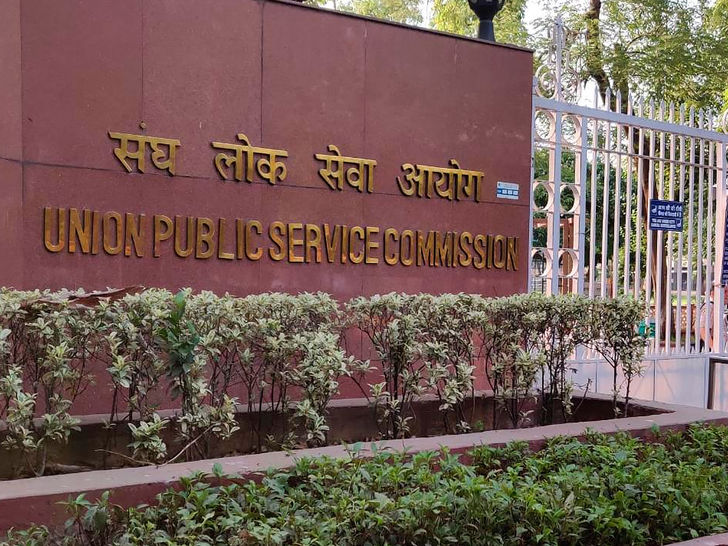
UPSC – Union Public Service Commission
The UPSC examination is divided into three phases: a preliminary examination consisting of two objective-type papers (General Studies Paper I and General Studies Paper-II, also known as the Civil Service Aptitude Test or CSAT), and a main examination consisting of nine conventional (essay) type papers, two of which are qualifying and only marks of seven are awarded (interview). The applicant must have a degree or an equivalent certification from a government-recognized university. Candidates in their final year of study or pending results are also entitled to take the UPSC preliminary examination. The UPSC Civil Services Examination (CSE) is one of the exams conducted by the Union Public Service Commission to choose applicants for positions in India's civil services, such as IAS, IPS, IFS, and other allied services.
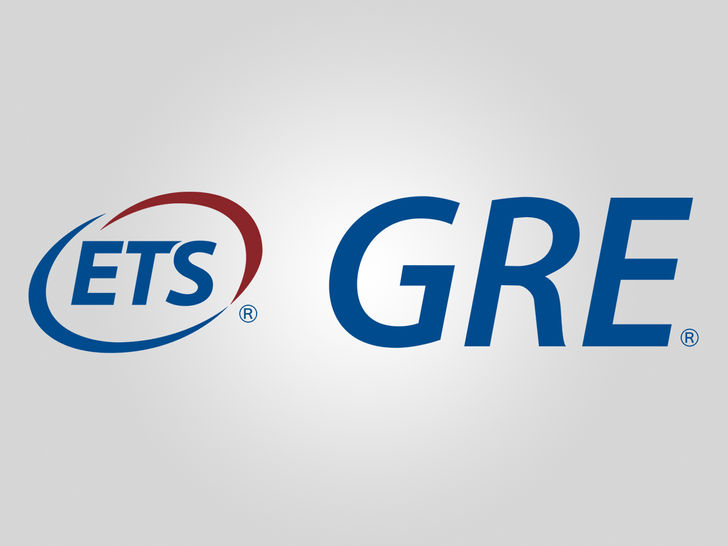
GRE –Graduate Record Examinations
The Graduate Record Review, or GRE, is an important phase in the admission process for graduate school or business school. The GRE is a structured multiple-choice, computer-based exam that is often prescribed for entry to graduate programmes and MBA programmes around the world. The graduate record review (GRE) is a structured test that assesses an individual's ability to think abstractly in fields such as descriptive writing, arithmetic, and vocabulary. Many graduate schools in the United States and Canada use the GRE to assess an applicant's qualifications for a degree. Anyone will take the GRE, and there is no minimum age or educational requirement for GRE 2021. The GRE General Test processing fee in India is $213, or roughly INR 15,800.
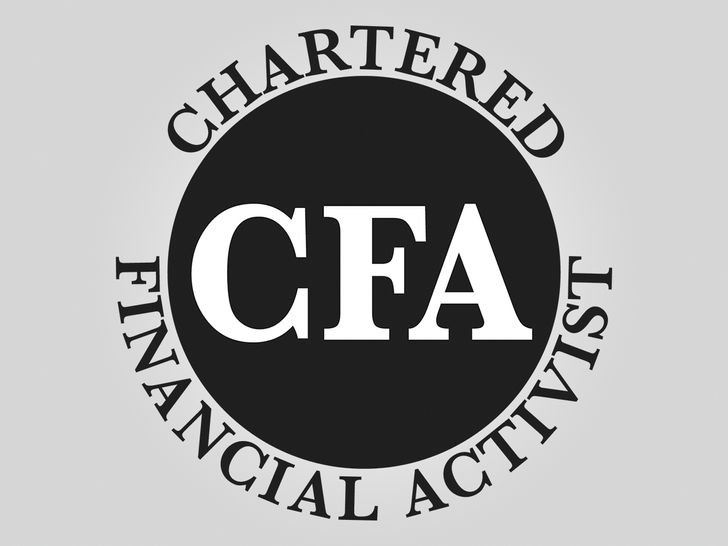
CFA – Chartered Financial Analyst
The CFA Program is a three-part exam that covers investing tools, asset valuation, portfolio management, and financial planning fundamentals. Those with a history in banking, accounting, economics, or industry are the most likely to complete the CFA Program. A Bachelor's degree or equivalent in any discipline is required of the candidate. Candidates who are in their final year of a bachelor's degree programme at the time of enrollment are not eligible to qualify for the CFA programme. The proposed average pay scale for these professions is Rs 1.81 lakh per year, with the highest wage a CFA will earn being close to Rs 20 lakh. Chartered Financial Analyst Salaries.
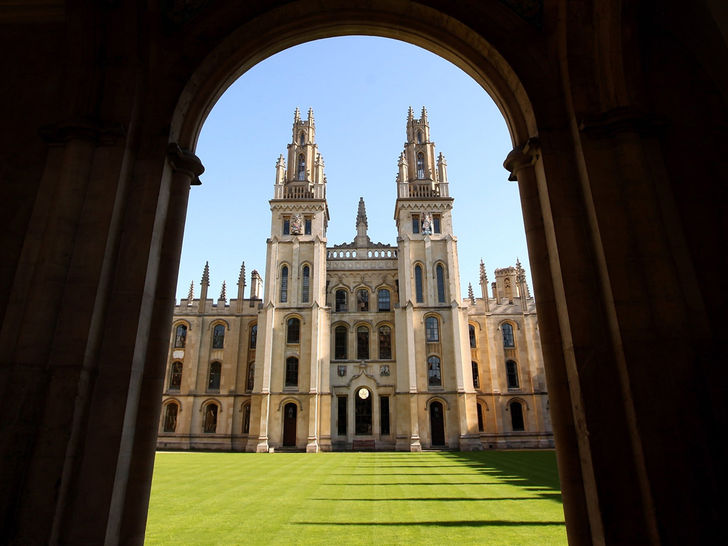
All Souls Prize Fellowship Exam
All Souls College holds an election for Examination Fellows, also known as Prize Fellows, every fall. In most cases, the College chooses two applicants from a pool of fifty or more. Fellowships are for seven years and cannot be extended. Examination Fellows are complete members of the College's governing council, with a voice, a stipend or scholarship allowance if qualified, freeboard and single lodging in College, and a variety of other perks. Examination Fellows who are pursuing degrees at Oxford are usually reimbursed for their university fees by the College. The sum of the stipend or scholarship allowance, as well as other incentives, are detailed in the competition's more information.COVID-19 forced the cancellation of the Fellowship Examination in 2020.
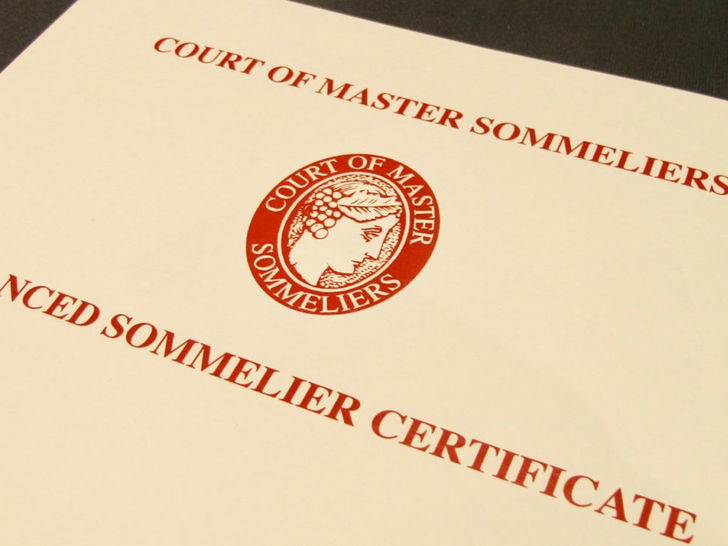
Master Sommelier Diploma Exam
The Master Sommelier Diploma test is administered by the Court of Master Sommeliers, a non-profit educational organisation established in April 1977. It was created to raise beverage service quality levels in hotels and restaurants. The Master Sommelier Diploma Test is comparable in style and content to the Advanced Sommelier Exam in that it is divided into three parts: a theory exam (which is conducted orally rather than in writing), a deductive tasting of six wines, and a realistic wine service exam. Around 90% of students pass the first stage sommelier exam, which is given after a weekend course. Around 66 per cent of those who apply for the next class, Certified Sommelier, graduate. The Advanced Sommelier test has a pass rate of around 25%, and the Master Sommelier exam has a pass rate of around 5%.

